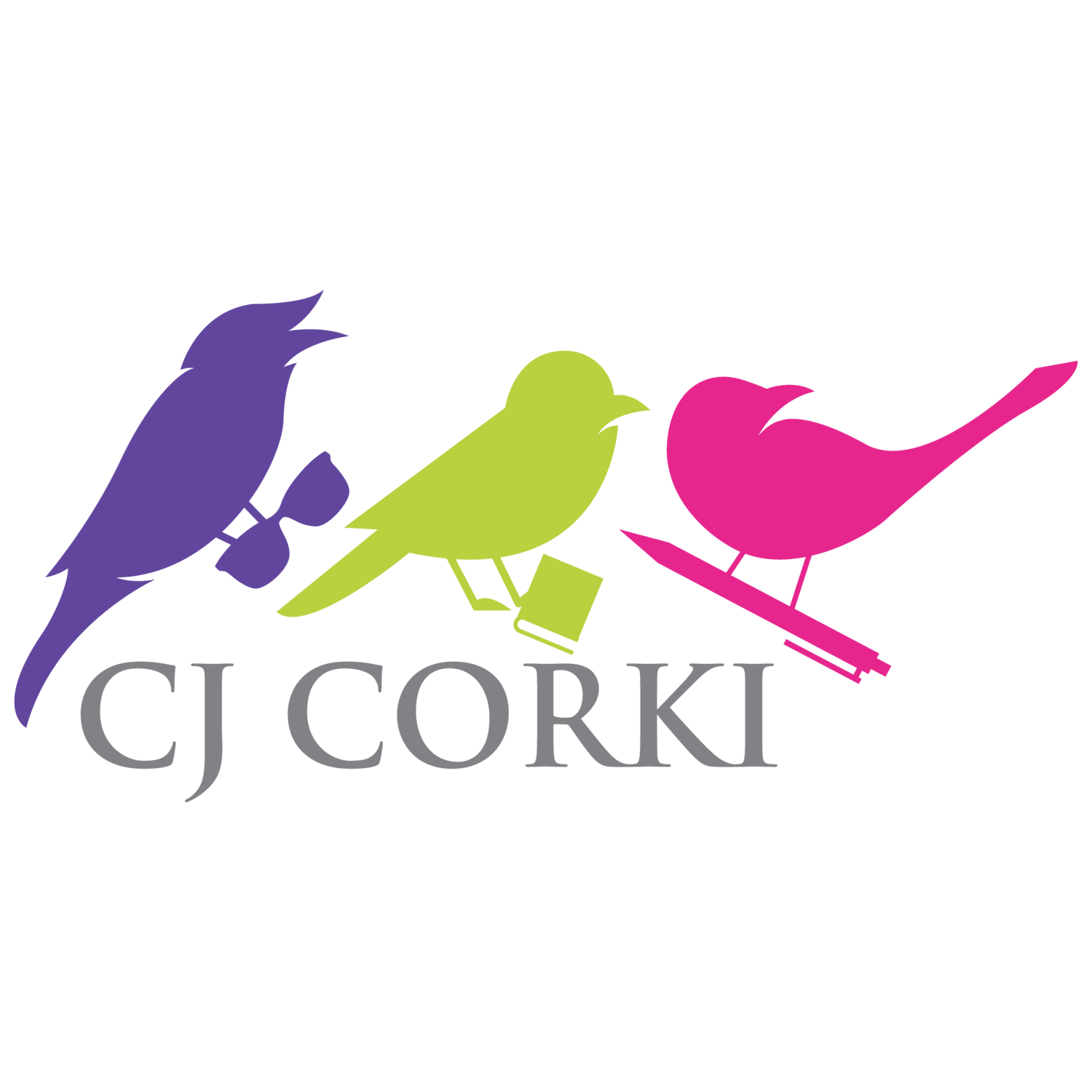Crafting Tomorrow: The Journey to Building a Computer or Not
Growing up in the 1970s, I dreamed large with Big Harry Audacious Goals (BHAG). During this computer age, Steve Jobs was changing the world in the personal computing industry. I wanted to be part of that. Intel, Xerox, and IBM were already making groundbreaking strides in the industry, but it was Steve Jobs who had a vision. A vision for everyone to have a personal computer in their home, which seemed absurd at the time. Who knew personal computers were only a piece of the puzzle of him changing the world? He was an inspiration.
In elementary school, we had Science Fairs, which I embraced wholeheartedly. My dad, the father of five girls, encouraged us to pursue the sciences. His mantra was, “Girls and boys are not equal; girls are better.” I'm unsure if he was meant in general or the sciences, but I became passionate about learning as much as possible in this technical era.
My choice of a science project was building a calculator. In our basement, I spent hours with my dad soldering and assembling. But I was more interested in how it worked. The simplicity of the binary code was more up my alley. For those unfamiliar with it, binary is a system where a number is represented using only two digits (0 and 1) with a base 2. Simply, it is math, and that was my passion.
Yes, it was geeky of me. In elementary school, teachers would allow me to work ahead of the math curriculum. Racing through the problems, I was rewarded for my efforts with a prize. This excited me even more: the award, math puzzles. While the class was still learning the day's topic, I would be leaps and bounds ahead of what they were working on. It was more structured in high school, so I couldn’t just work at my own pace. However, I did my homework while the teacher was still teaching the concept and then I helped any peer who needed assistance.
My initial major in college was none other than mathematics. But my dad asked me if I wanted to teach, which I did not. He suggested Electrical Engineering (EE), so I applied and transferred to Georgia Tech. And as they say at Tech, you cannot spell gEEk without EE. Little did I know that my dad’s mantra was not correct. To my amazement, I was the only girl in most of my classes. Ignorance is bliss since I didn’t know the statistical curve about males ranking higher than females in math.
But I marched on, studying long hours and trying my hardest to beat the curve. Much to my dismay, everyone wanted to go into EE for the same reasons I did: build computers. But the classes back then spanned the spectrum of curricula, not just relating to computers as they do today. I knew the material! I could do the long calculations but often missed simple algebra like 2+2. But there was no such thing as partial credit at Tech, which I depended on for most of my life. I would get the concept but make silly mistakes. Did you miss a negative sign? No credit. The teachers said that would be an upside-down bridge. UGH!
Okay, Georgia Tech beat me up and spit me out. When my classmates worked on voice recognition and automated voices (pre-Alexa), I knew this was beyond me. I was among people like Jobs who introduced his computer by having it say, “Hello.” My EE friends would say things like, “I want to make a difference,” or, like Jobs, “I want to change the world.” And all of them were crazy enough to do it.
So, my first place in the science fair propelled me into the world of technology. Did I love it? Yes. Did I hate it? Yes. But my experience allowed me to work on some of my core values: perseverance. You might ask, “But you got out of EE?” I did, but I wasn’t going to let the experience win. I gained a great deal of focus and attention to detail. I am also not afraid to try new technology and fail. My current quotation is, “I don’t understand it, yet.” Besides, one of my proudest moments was walking across the stage to receive my diploma. I believe that was my parents' too, grandkids aside.
As I went through life, I realized that I am no Steve Jobs and never would be him. In fact, after reading the biography, “Steve Jobs,” he doesn’t even live up to what is important to me: Family, Integrity, Perseverance, and Knowledge. Okay, maybe Knowledge, but he wasn’t a nice person for most of his life. But he was an inspiration to a generation. Who or what inspires you? Who will you inspire?

